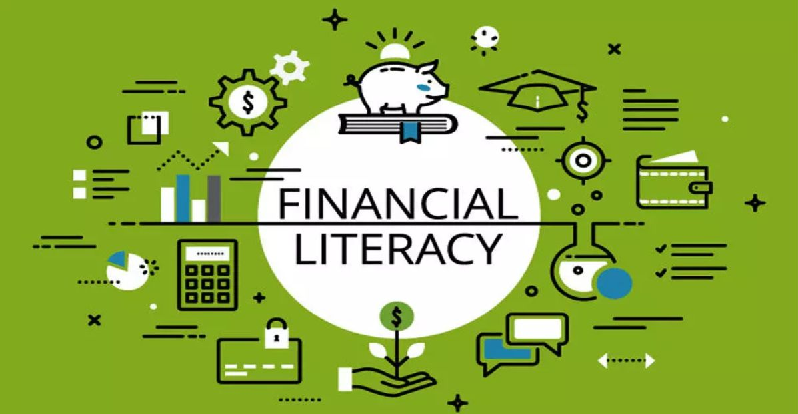Choosing Between Short-Term & Long-Term Investments: What You Should Know
- October 31, 2025
- Business
Investment means the allocation of funds to get huge returns after a specified period of time. It basically means putting… Read More

In today’s fast-paced, ever-evolving economy, financial literacy is more important than ever. The ability to manage money effectively is not only a key skill for personal success but also essential for navigating professional and business environments. Financial literacy extends beyond knowing how to balance a checkbook or calculate interest rates—it encompasses a broad range of skills, from budgeting and saving to investing and managing debt. As the world becomes more interconnected, those who understand the principles of financial management will be better positioned to make informed decisions that secure their long-term financial well-being.
At its foundation, financial literacy involves understanding how money works in both personal and professional contexts. It includes essential skills such as budgeting, understanding credit, evaluating investment options, and planning for retirement. However, financial literacy is more than just the mechanics of managing money—it’s about cultivating the mindset and habits that lead to long-term financial stability.
For example, creating and sticking to a budget is a vital component of financial literacy. Many people overlook the importance of tracking their income and expenses, leading to poor financial habits like overspending or relying too heavily on credit. Those with financial literacy understand the value of living within their means, setting aside savings for the future, and avoiding unnecessary debt. They can make well-informed decisions about spending and saving, resulting in a more secure financial position over time.
Moreover, financial literacy helps individuals evaluate investment opportunities and understand how to grow their wealth. Rather than relying solely on income from a salary, financially literate people often look for ways to build passive income through investments, which can provide security in case of unexpected financial challenges.
Understanding loans and managing debt is a crucial aspect of financial literacy. Whether taking out a mortgage to buy a house, securing a business loan, or financing higher education through student loans, individuals need to fully understand the terms and conditions of borrowing money. Without a solid grasp of how loans work, many people find themselves trapped in cycles of debt due to high interest rates or unfavorable repayment terms.
Financially literate individuals know how to evaluate loan offers by comparing interest rates, repayment plans, and additional fees. They understand the long-term impact that loans can have on their financial health and are equipped to make informed decisions that avoid financial pitfalls.
Financial literacy also emphasizes the importance of reducing high-interest debt as a priority. For example, individuals carrying large credit card balances or personal loans with high interest rates should focus on paying off those debts first, as they can quickly spiral out of control if left unchecked. Financially literate individuals will often employ strategies such as the debt snowball or avalanche method to systematically reduce their debt, minimizing interest payments and improving their overall financial outlook.
The benefits of financial literacy extend far beyond managing day-to-day expenses. Individuals who understand the principles of financial management are more likely to build wealth, avoid debt traps, and achieve long-term financial stability. Financial literacy enables individuals to plan for future needs, such as retirement, children’s education, and potential medical emergencies.
Moreover, financial literacy fosters confidence in handling financial decisions, which can reduce stress and anxiety about money. People who feel in control of their financial situation are better equipped to face unexpected challenges, from economic downturns to personal emergencies, without panicking or resorting to poor financial choices.
Financial literacy is an essential skill for navigating today’s complex economic landscape. By understanding the fundamentals of budgeting, debt management, and investments, individuals can take control of their financial future and make informed decisions that lead to long-term stability. Whether managing personal expenses, business finances, or paying off loans, financial literacy provides the foundation for financial success. Those who invest in their financial education will reap the benefits of security, confidence, and the ability to achieve both personal and professional goals.